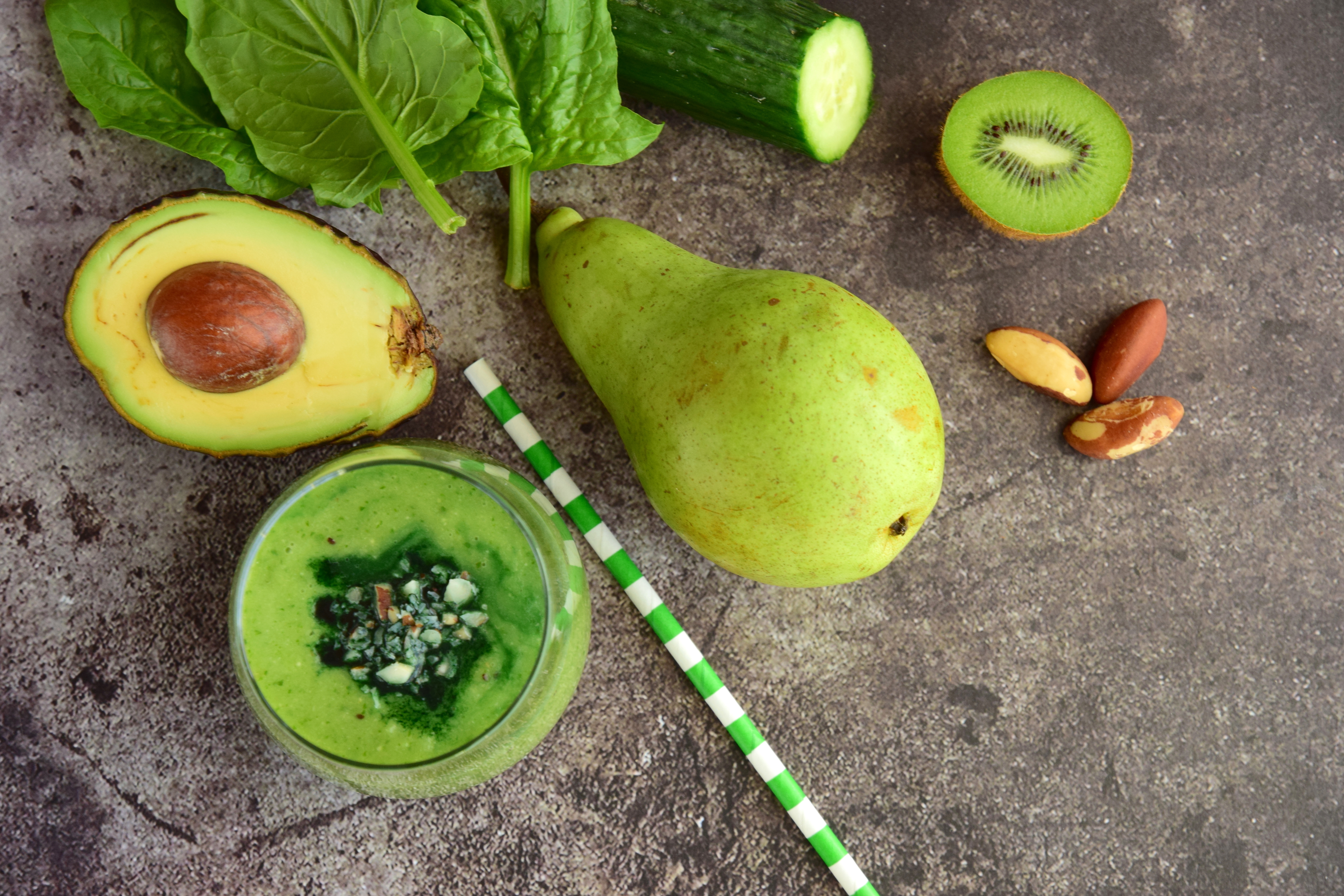Foods For Better Quality of Breast Milk
Breast milk provides the best nutrition for newborns. From the first day of pregnancy, your body has started to prepare itself to breastfeed the newborn. In this article, we recommend six kinds of food that expectant mothers can consume more during pregnancy and when nursing to boost the quality of their breast milk.
Fish
Fish is rich in vitamins and minerals such as Vitamin D and B2, calcium, phosphorous, iron, zinc, iodine, magnesium, and the list goes on. These vitamins and minerals are important for the healthy growth of the infant.
Fish is also a good source of high quality protein. High quality protein provides plenty of amino acids for the baby’s growth. Protein is also essential for mothers themselves to recover and heal after delivery.
Most importantly, fish is also rich in omega 3 – a family of polyunsaturated fatty acids. These fatty acids are essential in the visual and brain development of babies. Babies are still in the midst of developing their brain during their first 3 years, so it’s important to supply their brain with the right nutrients. Omega 3 fatty acids also help to promote good heart health.
However, you should avoid eating fish that are high in mercury as high amounts of mercury can damage the nervous system of the infant. Fish high in mercury include shark, tilefish, tuna, king mackerel, swordfish and marlin. Mothers should also choose wild caught fish over farm-raised fish as farm-raised fish may contain higher amounts of mercury and other toxins.
Seafood
Seafood is a healthy option to include in your diet during breastfeeding. Seafood like shellfish and salmon are rich in protein, omega 3 fatty acids, iron, zinc and Vitamin B12. These nutrients are very important for the development of the overall development of the newborn.
While it is unsafe to eat raw foods during pregnancy due to the risk of bacterial infection, it is safe to eat raw food when breastfeeding.
However, seafoods also contain mercury so it’s best to limit your intake of seafood (including fish) to 2-3 servings per week.
Dairy products
You should eat more dairy products when you are breastfeeding. Dairy products such as milk, cheese and yogurt are good sources of calcium. Calcium not only builds strong bones and teeth, but is needed for the healthy functioning of the muscles, heart and nervous system as well. During this crucial stage development, it is all the more important for infants to get enough calcium through breast milk.
Fruits and vegetables
It’s no surprise that fresh fruits and vegetables contain plenty of vitamins, minerals, dietary fibre, pectin, organic acids and other nutrients. Dark leafy green vegetables are especially nutritious for you and your baby. They are not only low-fat and high in nutritional content, but they also help to prevent or relieve constipation during pregnancy.
Nuts
Nuts can greatly improve the quality of your breast milk. Nuts like walnuts, peanuts and almonds are rich in omega 3, vitamin E, vitamin B, magnesium, potassium, copper and folic acid. Vitamin E can regulate the secretion of estrogen and is also good source of antioxidant. Omega 3 fatty acids, especially, is essential for the infant’s brain development. These fatty acids cannot be produced by the body and can only be supplied through diet.
Water
It is important for you to stay well hydrated when you are breastfeeding. Your body needs a lot of fluids to produce breast milk. If you find water too plain for your liking, add a slice of lemon or fruits like strawberries or blueberries to your water. These fruits can not only add some fresh flavour to your water, but they are also rich in nutrients and antioxidants that are good for you and your baby.
Fluids can come not only from water, but from soups or juices too. Avoid alcohol, sugary or caffeinated beverages.
